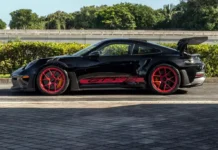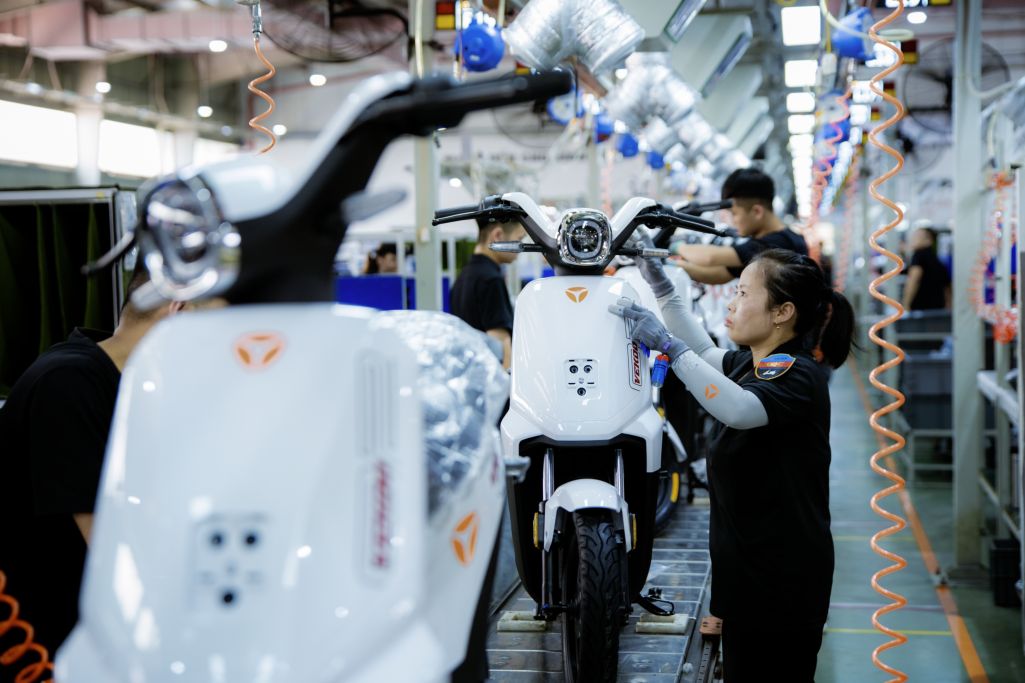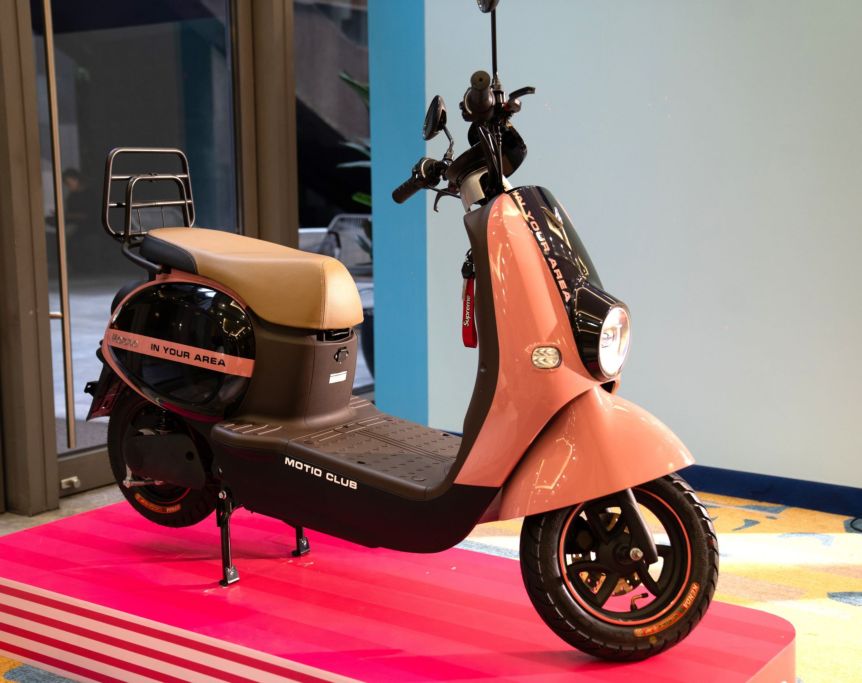Hanoi is considering a policy to support residents in transitioning from gasoline-powered motorbikes to electric ones, according to a draft proposal presented at the 28th session of the City People’s Council held from November 26–28.
This initiative is part of a resolution aimed at promoting the use of clean energy vehicles.
Under the draft, individuals with a permanent residence or continuous temporary residence of at least two years, who own a gasoline-powered motorbike and switch to an electric motorbike valued at 10 million VND or more, will receive a 20% subsidy on the vehicle’s price, capped at 5 million VND. This subsidy is significantly higher than the July proposal by the Department of Construction and matches the policy being considered in Ho Chi Minh City. For low-income and near-poor households, the subsidy amounts to 20 million VND and 15 million VND, respectively. Each individual is eligible for support for one vehicle during the resolution’s effective period until January 1, 2031.
Additionally, the city plans to reduce registration and license plate fees by 50% for motorbikes switching to clean energy. Low-income and near-poor households will be fully exempt from these fees. Hanoi also proposes a 30% interest rate subsidy for installment contracts of up to 12 months when purchasing electric motorbikes from authorized dealers partnered with banks or financial companies.
For passenger transport businesses such as taxis or buses, a 100% registration fee subsidy will be provided if they switch to green vehicles and retain their existing license plates. Companies renting electric vehicles and requiring temporary use of roads or sidewalks for parking will be exempt from usage fees for up to five years.
Alongside resident support policies, Hanoi aims to expand its public clean energy charging station network. Commune and ward authorities are tasked with identifying suitable locations for implementation. Parking lots in residential complexes, commercial buildings, hospitals, or public facilities within the Ring Road 3 area must allocate at least 15% of parking spaces for clean energy charging stations by January 1, 2030. For new constructions, the minimum ratio is 30%. Similar regulations apply to transportation infrastructure such as bridges, tunnels, bus stations, and rest stops.
To encourage investment, the city offers a 30% interest rate subsidy, covers 50% of land clearance costs, and provides a 100% land rental fee exemption for the first five years for public charging station projects. These projects are eligible for streamlined investment procedures, bypassing the typical investment approval process.
These policies align with the 2024 Capital Law and Directive 20 issued by the Prime Minister on July 12, aiming to reduce emissions and improve air quality. Hanoi’s roadmap for restricting gasoline motorbikes includes banning them within Ring Road 1 from July 1, 2026, expanding to Ring Road 2 in 2028, and Ring Road 3 by 2030, while also implementing restrictions on fossil fuel-powered cars.
Currently, Hanoi has approximately 6.9 million motorbikes, with around 450,000 in the Ring Road 1 area alone. Gasoline motorbikes account for 60% of air pollution, and 70% of vehicles on the road are older models with poorly controlled emissions.
Electric Vehicle Charging Stations Blanket Vietnam: From Hanoi to Ho Chi Minh City, Drivers Confident in Seamless Charging Access
In Hanoi and Ho Chi Minh City, VinFast electric vehicle owners enjoy unparalleled convenience with charging stations strategically located throughout both cities. Equipped with high-capacity charging pillars ranging from 60kW to 300kW, these stations significantly reduce charging times, ensuring a seamless and efficient experience for all users.
VinFast ZGoo & Flazz: License-Free Electric Vehicles for Students, Starting at 14.9 Million VND
VinFast proudly unveils its two latest electric motorcycle models, the ZGoo and Flazz, priced at just 14.9 million VND and 16 million VND, respectively. Designed to cater to a broad audience, these innovative vehicles are ideal for students, young professionals, and daily commuters seeking affordable, eco-friendly transportation solutions.
















































